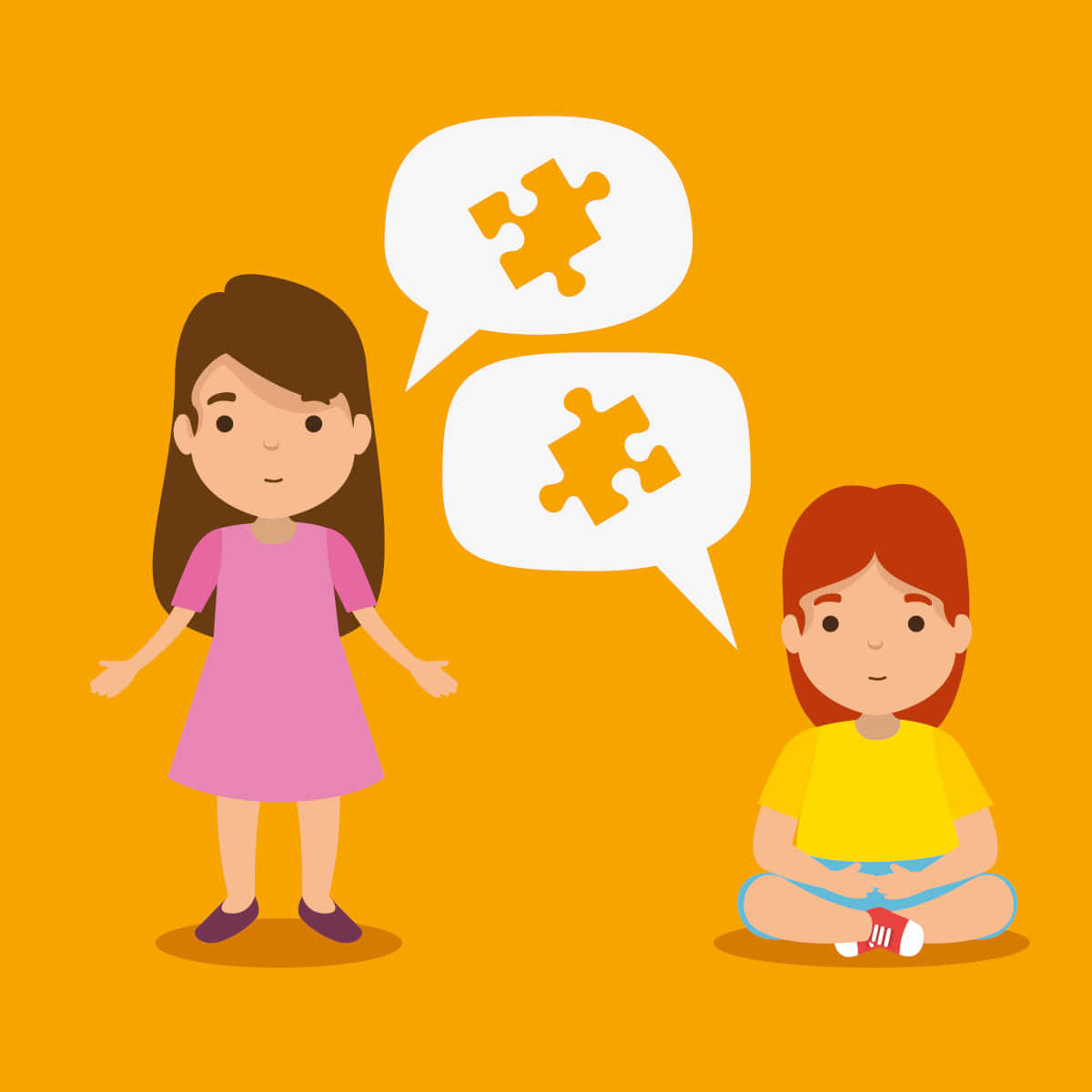Comorbidity in Autism Spectrum Disorder
What is it and who does it affect?
When I, as a counsellor, work with children or adults on the Autism Spectrum, I always aim to help them overcome their difficulties based on their own goals and motivations.
It is important to note that being on the Autism Spectrum may cause little or no difficulty for some people. Autism in and of itself does NOT require therapy; if the person (child, adolescent or adult) is well-adjusted, healthy and happy, there is no reason to seek psychological help. Just like any other personality constellation, autistic traits have inherent advantages – and disadvantages as well. In this article, I would like to focus on discussing the disadvantages, since these are the reasons why people on the Autistic Spectrum usually approach me for help.
Being on the Autism Spectrum may cause considerable difficulties for some people. Nearly 75% of children with autism spectrum disorder (ASD) also have another medical or psychiatric condition (2). This is called ‘comorbidity’, and the conditions are often called ‘comorbid’ conditions.
Comorbid conditions can appear at any time during a child’s development; the onset of co-occurring problems may be early or late adolescence, and some may even start in adulthood. Here is a brief list of the most common comorbid mental health problems that can accompany Autism Spectrum Disorder.
Anxiety
Anxiety disorders are common among children and adults with ASD. About 40-60% of children with ASD also have anxiety (2).
Since one of the main diagnostic criteria of Autism Spectrum Disorder is the presence sensory processing issues (such as an extreme sensitivity (and aversion) to certain noises, visual stimuli, smells or textures etc..) (3) it is not surprising that some individuals on Autism Spectrum with such heightened sensitivity may find everyday life challenging. Being exposed to sensory ‘triggers’ at school or at the workplace may cause significant stress for autistic people.
Social anxiety is also common among people on the Autism Spectrum. This is not surprising, as per the DSM 5 diagnostic criteria of Autism Spectrum Disorder, autistic people have “persistent deficits in social communication and social interaction” (3). It is reasonable to expect that these impairments may cause some individuals stress or apprehension when it comes to everyday social interactions.

Depression
Major depressive disorder has been shown by several studies to be one of the most common comorbid conditions in those with ASD (4), and is thought to develop and occur frequently in high-functioning individuals when they reach adolescence, as they develop greater insight into their differences from others.
Additionally, the social skills deficits associated with ASD may make it extremely difficult or even impossible for some individuals to create new friendships and romantic relationships, or to hold onto existing ones. The resulting isolation and loneliness may lead to feelings of unhappiness, or even depression.
Eating issues and eating disorders
Sensory experiences such as smells, tastes, textures, noises and bodily sensations may be uncomfortable and occasionally may even be perceived as alarming or downright scay by those with ASD.
When these individuals consistently avoid foods associated with 'disliked' sensory experiences (for example, foods with a slimy texture or a crunchy texture etc.), they may end up consuming a very limited variety of foods (5). This can cause low energy, malnutrition, arrested growth or weight loss, and ultimately it may lead to an eating disorder known as avoidant/restrictive food intake disorder, commonly called ARFID (5).
Obsessive-Compulsive Disorder
About 30% of individuals with autism spectrum disorders also have OCD (6).
Oppositional Defiant Disorder
Oppositional Defiant Disorder (ODD) is a developmental disorder commonly diagnosed in children and young people between 6-18 years of age. It is characterized by persistent and extreme disobedience, aggression and irritability. According to a recent study, about 10.7% of the children with Autism spectrum disorder have a diagnosis of ODD as well (7).
Phobias
Some studies suggest that phobias may also be common among people on the Autism Spectrum (8).
Sleep disorders
Sleep disorders are commonly reported by parents of individuals with ASDs, including late sleep onset, early morning awakening, and poor sleep maintenance; sleep disturbances are present in 53–78% of individuals with ASD (9).
Ways to tackle comorbid disorders
The problems described in this article (anxiety, depression, eating issues etc..) are all issues that can be treated with counselling or psychotherapy, if the therapy is conducted by a qualified counsellor or psychotherapist who has completed specialised training in working with people on the Autism Spectrum.
It is important that children and young people should be seen by counsellors or therapists who have received additional specialised training in working with these age groups.
Alternatively, it may be useful to consult a GP regarding possible treatment options for any of the above problems.
Find out more about me and the way I work with adults or children.
References
- Autism Spectrum Disorder (ASD) Diagnostic Criteria
- Comorbidity and autism spectrum disorder (ages 1-18)
- Autism Diagnosis Criteria: DSM-5
- Presentation of depression in autism and Asperger syndrome: a review
- What You Must Know About Eating Disorders and the Autism Spectrum - Lisa Geraud
- Cognitive behavior therapy for comorbid Obsessive-Compulsive Disorder in high functioning Autism Spectrum Disorders: A randomized controlled trial
- Presentation on Autism Spectrum Disorder by Leonard Perkins
- Comorbid psychopathology with autism spectrum disorder in children: an overview.
- A practice pathway for the identification, evaluation, and management of insomnia in children and adolescents with autism spectrum disorders.